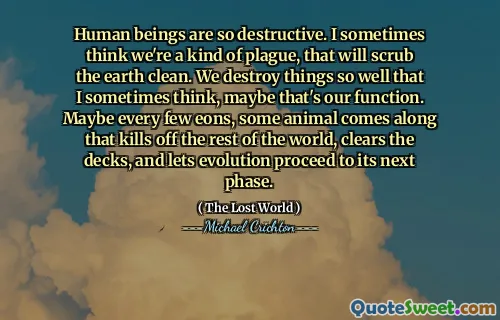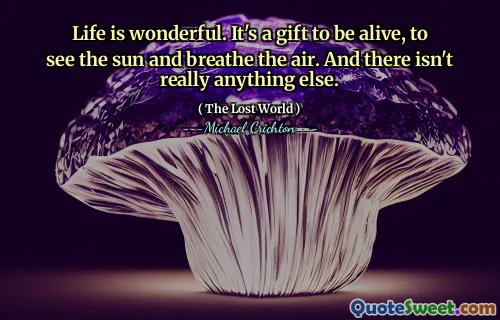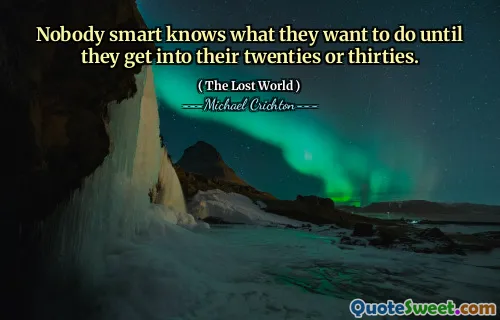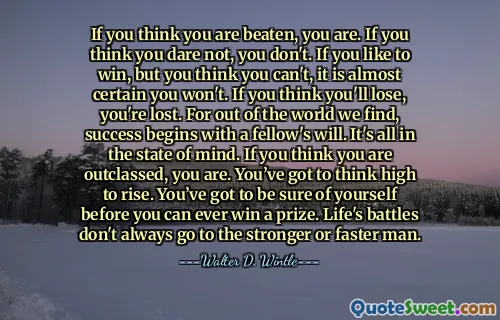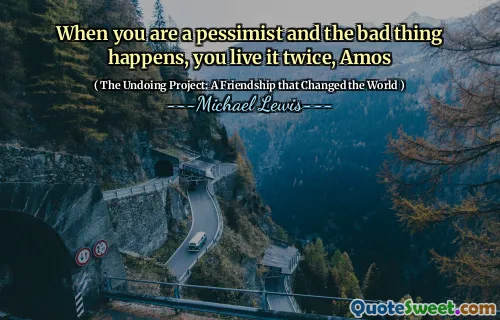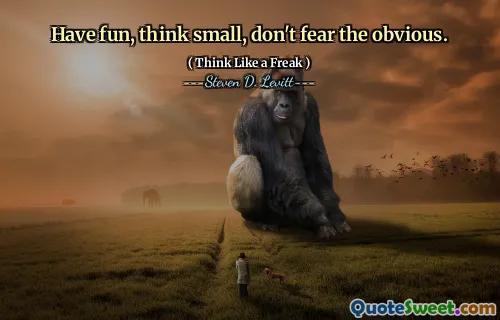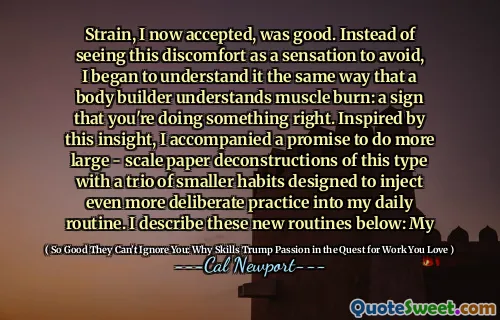
There are strange red depths in the soul of the most commonplace man. I am tenderhearted by nature, and have found my eyes moist many a time over the scream of a wounded hare. Yet the blood lust was on me now. I found myself on my feet emptying one magazine, then the other, clicking open the breech to re-load, snapping it to again, while cheering and yelling with pure ferocity and joy of slaughter as I did so.
The quote reflects a deep internal conflict within the narrator, who initially possesses a tender and compassionate nature. This tenderness is evident in his emotional response to the suffering of animals, suggesting a sensitivity beneath his commonplace exterior. However, he experiences a stark transformation as he succumbs to an instinctual bloodlust, demonstrating how quickly one's character can shift under certain circumstances.
This contrast highlights the complexity of human emotions and the capacity for both kindness and primal instincts. The narrator's excitement and joy in the act of hunting reveal a more savage side that can coexist with tenderness. It illustrates the duality of the human experience, where even the most gentle individuals can be driven by darker impulses, leading to a profound exploration of the soul's depths.

